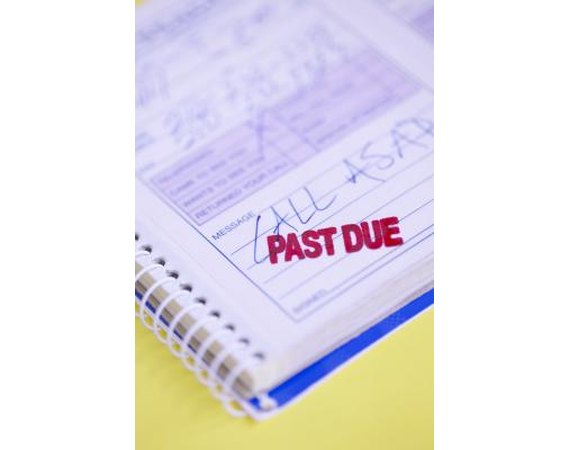
With the advent of technology, you now have more options to make credit card payments. You can still make them through the mail, or you can take advantage of other methods that are not only more convenient, but can also buy you more time---sometimes a valuable commodity. In the end, it's all a matter of personal preference
Credit card companies now list their home page URLs on the back of their cards and on paper statements. Somewhere on their home page there's a link that allows you to register as a user. Once you set up online access to your account, Internet payment options becomes available to you free of charge. The credit card companies log online payments instantly. So if you pay a bill the day it is due, it will be on time, but there are cutoff times. Your company's policy might state, for instance, that payments made after 3 p.m. Eastern time are processed the following day. In addition, using this option gives the credit card company access to your bank account to process the transaction.
Phone payments are now the norm; however, you are usually charged for the convenience of making payments via the company's toll-free customer service number. This option is best for those times when you have to pay your bill at the last minute, but do not have online access. When you call, you also must have your bank account information handy, so customer service can initiate the electronic withdrawal.
Since not everyone has a computer and Internet service, the old-fashioned pay-by-mail option still exists. The credit card company provides a window envelope for the pre-addressed payment stub. All you need is a stamp. This option, however, requires you to mail your payment days before it is due. The credit card company considers your account paid the day it processes the payment. If that happens past the due date, your account is assessed a late fee.
Many banks offer automatic bill pay, allowing you to schedule payments in advance. You just have to set the date and amount; however, this service is not always free. Credit card companies might also charge you for making a payment using a third party. With this, as with any payment option, it's a good idea to refrain from assumptions and to ask everyone their fee policies.
Adding interest to the amount you borrow is how credit card companies make money; thus, the higher your balance, the more interest you pay. In addition, the longer you keep a balance, the more you end up owing. So, if you cannot pay your bill in full, at least pay more than the minimum payment. This will save considerable interest.
The Motley Fool, a financial company, recommends on its website that you transfer your debt to the card with the lowest interest rate available to you. However, this only works effectively if you continue to make the same high payments you were making before. This way, less of your money goes towards paying interest and more is allocated to lower your principal. Transferring money to a low-interest card simply to pay less each month still leads to high debt in the long run.


























